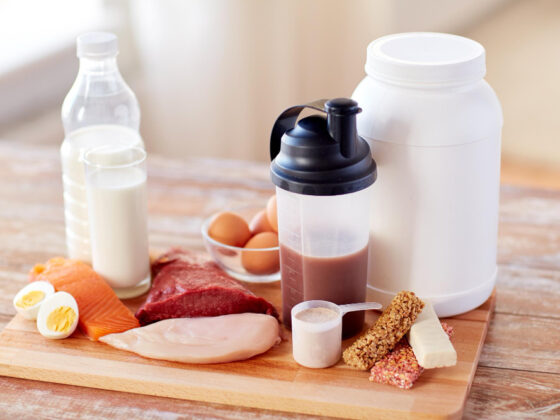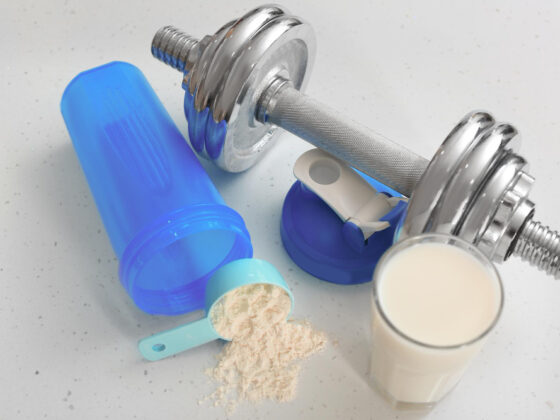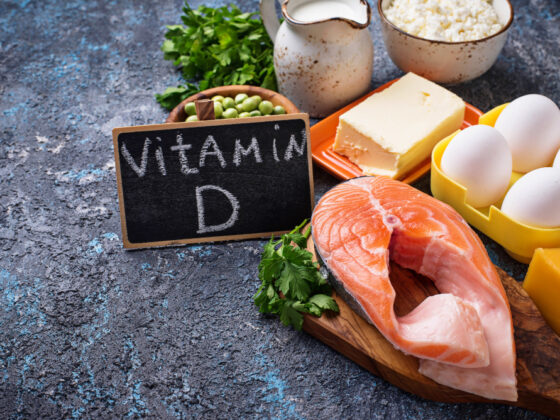Table of Contents Show
✍️ AI is summarizing:
As we age, our nutritional needs change, with protein becoming increasingly critical. While the importance of a balanced diet is generally understood, many seniors do not meet their protein needs for seniors. This shortfall can cause serious health issues, including muscle loss and weakened immune function. Here’s what you should know about protein intake as you grow older.
Related post:
- The Unique Proximity-Based Trail Search Feature of ExoTrails
- Discover the Transformative 10000 Steps Benefits
- Dead Butt Syndrome: Causes, Symptoms, and How to Fix It
The importance of protein: Understanding protein needs for seniors

Protein plays a vital role in maintaining muscle mass, repairing tissues, and supporting the immune system. Research indicates that nearly 46% of adults aged 70 and older do not meet their protein needs for seniors. This shortfall can contribute to functional limitations and a decline in overall health. For seniors, adequate protein intake is not just about maintaining strength; it’s also about improving quality of life.
As we age, our bodies naturally lose muscle mass, a condition known as sarcopenia. This loss can increase the risk of falls and injuries, making it even more critical for older adults to prioritize protein in their diets. Increasing protein consumption, along with regular strength training, can help mitigate these effects and support better muscle function.
How much protein do you need? Addressing protein needs for seniors

According to the American College of Sports Medicine, active individuals, including cyclists, should aim for 1.1 to 1.8 grams of protein per kilogram of body weight. For a person weighing around 75 kilograms, this translates to approximately 82 to 135 grams of protein per day. However, recent studies suggest that the protein needs for seniors may be even higher—around 1.5 grams per kilogram—to effectively maintain muscle mass. Athletes, particularly, might require up to 2.4 grams per kilogram.
Your specific protein needs can vary based on factors such as age, weight, activity level, and overall health. Therefore, it’s essential to assess your personal needs and adjust your intake accordingly.
Risks of not meeting protein needs for seniors

Not consuming enough protein, especially when it comes to meeting protein needs for seniors, can lead to a range of negative health consequences. This deficiency can hinder recovery from physical activity, limit muscle growth, and reduce the body’s ability to adapt to training. If you are an active senior looking to improve your cycling performance, inadequate protein consumption may hinder the achievement of your goals.
Additionally, a lack of protein can weaken the immune system, making you more susceptible to infections. Other symptoms of protein deficiency can include hair thinning, brittle nails, and flaky skin. Protein is a cornerstone of a healthy diet, especially for seniors.
Increasing protein intake to meet protein needs for seniors

If you suspect you’re not meeting your protein needs, consider tracking your dietary intake. Apps like Protein Pal can help you monitor your daily consumption and identify areas for improvement.
Aim to consume protein-rich meals and snacks throughout the day—three to four times daily is ideal. Since protein cannot be stored for later use like carbohydrates, regular intake is crucial. Try to include at least 25 grams of protein at each meal and after exercise.
Understanding protein needs for seniors makes selecting high-quality protein sources, those rich in all essential amino acids, very important. Excellent food options include lean meats, poultry, fish, eggs, dairy, and plant-based proteins like tofu, lentils, and beans. As an example, a serving of chicken breast (roughly 170 grams) provides approximately 50 grams of protein, and a two-cup serving of black beans offers about 30 grams.
Incorporating these foods into your meals can significantly boost your protein intake and support your health as you age.
Conclusion
As we grow older, ensuring we meet our protein needs for seniors is essential for maintaining muscle mass, supporting recovery, and enhancing overall well-being. By being mindful of your dietary choices and making adjustments as necessary, you can enjoy a healthier, more active lifestyle.
Prioritizing protein in your meals is a simple yet powerful way to support your long-term health and vitality. Follow our official Facebook page now to receive more interesting information.













Can you be more specific about the content of your article? After reading it, I still have some doubts. Hope you can help me.